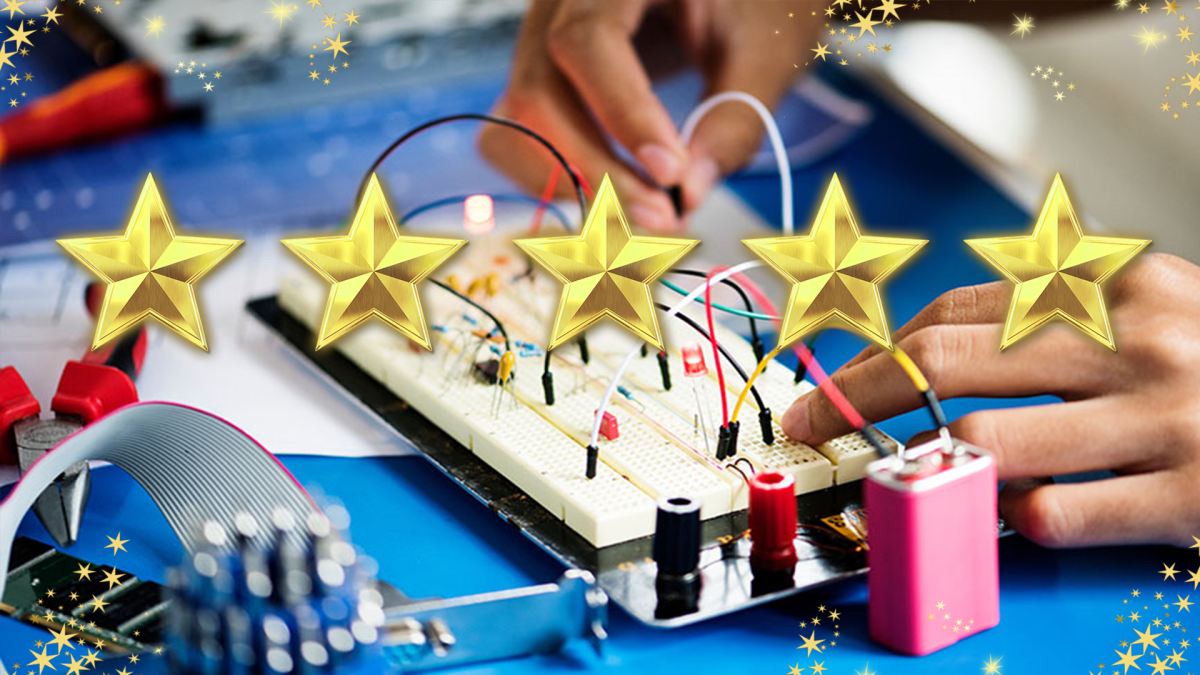Students will use SEEK or other species identification tools to create a database of biodiversity on campus. The lesson starts with a discussion of the importance of biodiversity to the functioning of
When studying Life Science, students are very curious to watch animals and plants growing. In this lesson, students observe growth of baby guppies in fish tanks, understanding life cycles and growing
This is a third grade lesson focused on structure and function. In the lesson, students observe, investigate, and research chickens to create a model focused on the parts of a chicken and their
Featured Lesson Plans
Check out these notable lesson plans.

This is a great opportunity to show students that coding can be a lot of fun, and it doesn’t have to be scary. Many high school students with little to no prior coding experience often automatically

A Shocking Dystopia: STEM Adventures in The City of Ember Part 4 of 4: Where the River Goes
This lesson is PART 4 of a four-lesson unit, which focuses on futures thinking, the phenomenon of electricity, closed-system agriculture, and water as a renewable energy resource. “The City of Ember”

A Shocking Dystopia: STEM Adventures in The City of Ember Part 3 of 4: A Problem in the Greenhouse
This lesson is PART 3 of a four-lesson unit, which focuses on futures thinking, the phenomenon of electricity, closed-system agriculture, and water as a renewable energy resource. “The City of Ember”
